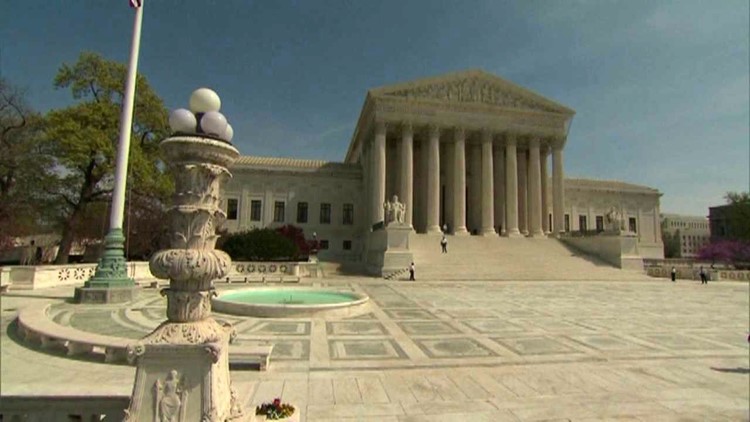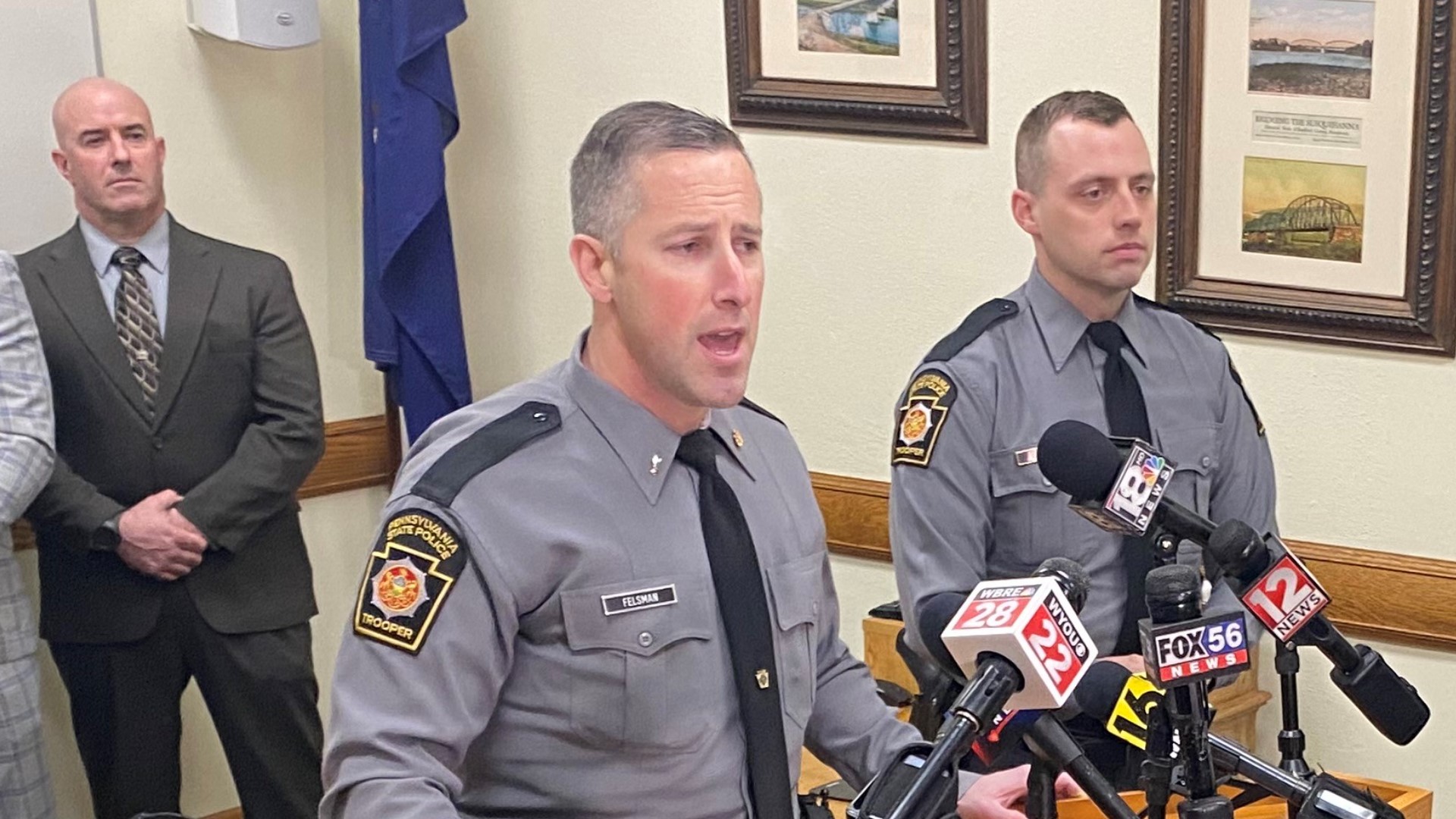WASHINGTON — Suppose that in the last two years, you didn’t show up to vote. Perhaps you couldn’t make it to the polls, despite your best efforts, because it conflicted with your unpredictable work or child care schedule. Or perhaps you decided to abstain from voting in protest because you weren’t pleased with any of the candidates. Or maybe you just forgot.
If you live in Ohio, your failure to vote for two years would have triggered a process that could have resulted in your being purged from the state’s voter rolls.
Larry Harmon, an Ohio resident and plaintiff in Husted v. A. Philip Randolph Institute, expressed similar reasons for not voting. “Sometimes, I wasn’t up on the politics,” Harmon told an Ohio public radio station. “Other times I didn’t like either of the candidates.” His case is now before the US Supreme Court.
On Wednesday, the Court will hear oral arguments in his case, which challenges Ohio’s policy of removing people from its voter rolls for inactivity.
Here’s how it currently works. As part of their process for maintaining voter rolls, county election officials in Ohio mail notices to registered voters who have not voted for two years. If a voter does not respond to that single mailing and does not vote for the next four years, the voter is automatically removed from the state’s voter rolls.
According to The Nation, from 2011 to 2016, Ohio — a state with more than 11 million residents — purged 840,000 voters from its voter rolls for such voting inactivity. In 2015, more than 40,000 voters were purged from the rolls in Cuyahoga County alone, which encompasses the city of Cleveland. A bipartisan Congress considered the burdens on eligible voters and election administrators alike of having to reregister after being purged. That is why Congress adopted federal laws that prohibit what Ohio is attempting to do.
States may remove voters who have died or moved to another state to maintain updated voter rolls. However, federal laws such as the National Voter Registration Act of 1993 (NVRA) and the Help America Vote Act of 2002 (HAVA) prohibit states from removing voters solely for voting inactivity.



